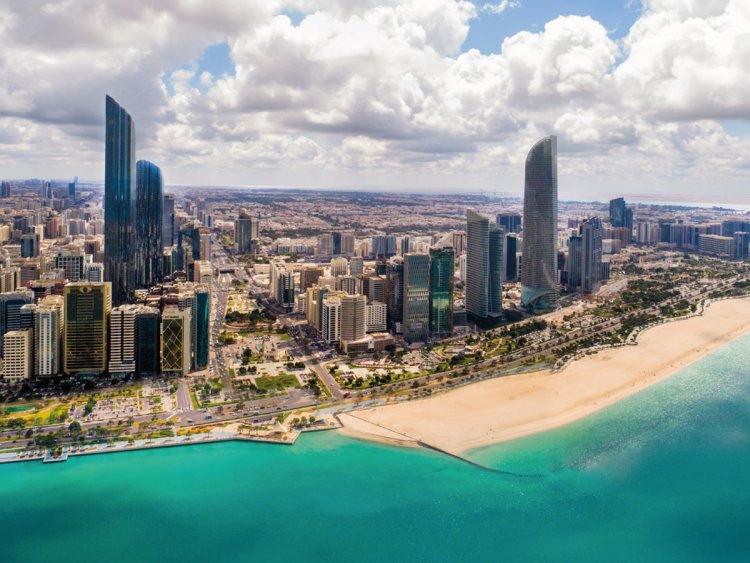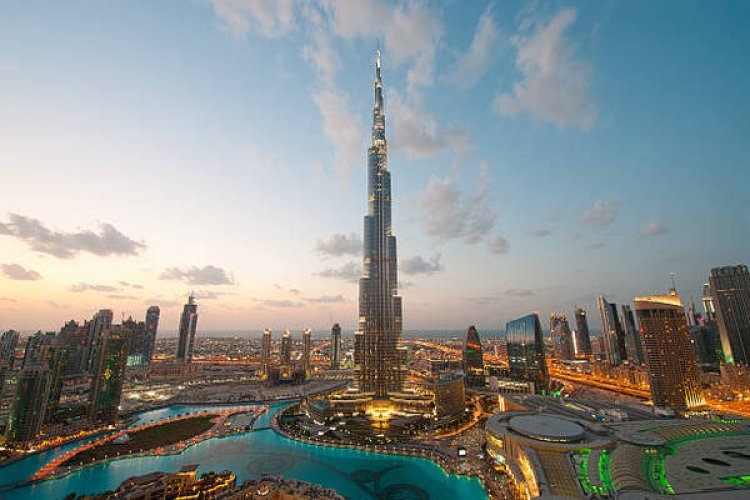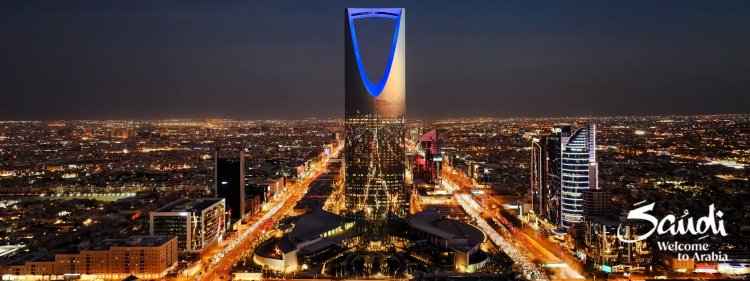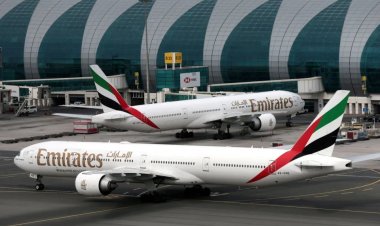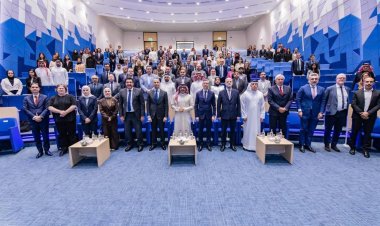GCC Unified Tourist Visa Set to Transform Regional Travel by 2025
Gulf’s Schengen-Style Visa Set to Transform Travel Across GCC Nations by 2025
The Gulf Cooperation Council (GCC) is preparing to launch a groundbreaking unified tourist visa, dubbed the “GCC Grand Tours Visa,” that will allow seamless travel across six member states: Saudi Arabia, the UAE, Qatar, Bahrain, Kuwait, and Oman. This new visa, modeled after Europe’s Schengen visa, is expected to begin a trial phase in late 2025, with full implementation to follow shortly after. It represents a major step toward regional integration, aiming to boost tourism, enhance mobility, and streamline bureaucratic processes for millions of foreign residents currently living within the Gulf.
Although GCC nationals already enjoy visa-free travel within the region, the unified visa is designed to simplify cross-border access for non-citizen residents, who currently face a patchwork of visa requirements across the member states. With a single application, visitors will be able to move freely across all six countries, eliminating the need to apply for separate visas. The visa is expected to offer flexible validity options ranging from 30 to 90 days, and may allow applicants to choose between single-country access or full multi-country coverage. Applications will be processed through a centralized digital platform, which aligns with the region’s ongoing push toward digital transformation and enhanced border security.
The economic implications are substantial. The GCC hopes this initiative will serve as a catalyst for its tourism sector by encouraging longer stays and multi-destination visits, ultimately contributing to each nation’s economic diversification strategies. The UAE, a regional tourism leader, is already expanding infrastructure like the Etihad Rail passenger network, due in 2026, which will connect all seven emirates and possibly facilitate cross-border rail travel in the future. Meanwhile, Saudi Arabia’s Vision 2030 tourism initiatives stand to gain significantly from the visa, with potential for increased visitor flow to destinations like Neom, AlUla, Diriyah, and the Red Sea resorts.
Currently, visa rules vary widely for expatriate residents. For example, while UAE citizens can enter Saudi Arabia, Bahrain, Oman, and Qatar visa-free, non-citizen residents often need eVisas or visas on arrival. Recent policy shifts such as Kuwait's August 2025 decision to grant on-arrival tourist visas for GCC residents and the UAE’s October 2024 rollout of a 30-day eVisa for GCC-based expatriates indicate a growing appetite for harmonization. The unified visa would effectively replace these disparate systems with one standardized, cost-effective solution, reducing red tape and travel barriers.
For Saudi Arabia, already a major religious tourism hub welcoming millions for Hajj and Umrah annually, the unified visa opens up a new opportunity: converting short-term religious visits into extended stays with additional stops at cultural and historical sites. According to Raymond Khoury of Arthur D. Little Middle East, the Kingdom could position major airports like Riyadh and Jeddah as regional transit hubs, offering short-stay excursions to nearby attractions. Moreover, the visa will enable multi-country itineraries for instance, a journey from Jeddah to AlUla, then to Dubai or Muscat leveraging regional rail and low-cost airlines to create a connected tourism corridor.
Despite the enthusiasm, several technical and logistical challenges remain. The GCC nations are currently aligning their immigration, security, and technology systems to ensure a unified and secure visa process. During a high-level meeting in Riyadh in June 2025, officials from all six countries reaffirmed their commitment to overcoming these hurdles to meet the late 2025 trial launch deadline.
Once implemented, the GCC Grand Tours Visa will not only enhance mobility but also promote cultural exchange and regional cohesion. For residents and tourists alike, it promises a simplified, more powerful travel experience turning the Gulf into a single, accessible, and dynamic tourism destination. From the modern skylines of Dubai and Doha to the ancient heritage of Muscat and AlUla, the Gulf is poised to redefine how the world experiences the Middle East.

